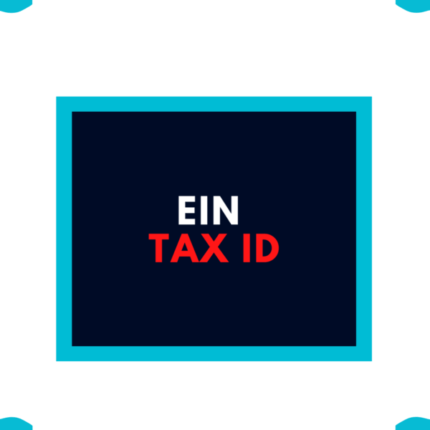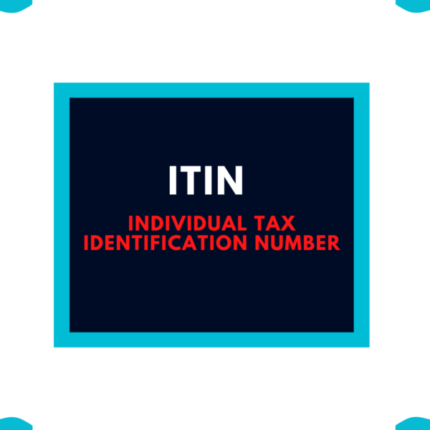ITIN | SSN | EIN :
ITIN:
An ITIN (Individual Taxpayer Identification Number) is a tax processing number issued by the Internal Revenue Service (IRS) for individuals who are required to have a U.S. taxpayer identification number but who do not have, and are not eligible to obtain, a Social Security Number (SSN) from the Social Security Administration (SSA). ITINs are used for federal tax purposes only, and are issued regardless of immigration status.
An SSN is primarily used for the purpose of Social Security benefits and tracking an individual’s earnings for Social Security purposes. An ITIN, on the other hand, is used for tax-filing purposes and to identify taxpayers who are not eligible for an SSN, such as non-resident aliens.
What is SSN & ITIN
Individuals may have both an SSN and an ITIN, but they are not the same thing and should not be used interchangeably.
Examples of individuals who may need an ITIN include nonresident aliens, resident aliens, and dependants of U.S. citizens or resident aliens. An ITIN can be used to file taxes, claim credits, and/or make payments.
ITINs are formatted like SSNs, but with the prefix “9” and the middle two digits “78” or “79”.
ITIN can also be used by other foreign nationals and entities that have U.S. filing or reporting requirements, such as foreign corporations, partnerships, and estates.
ITIN holders may have difficulty opening a bank account in the United States, as most banks require a Social Security Number (SSN) or an Employer Identification Number (EIN) as a form of identification. However, some financial institutions may allow ITIN holders to open a bank account with their ITIN, particularly if the individual can provide additional identification documents.
It’s important to note that the process of opening bank account with ITIN varies from bank to bank. Some bank may require additional documentation like proof of address, or may have additional restrictions on certain types of accounts, such as account balance limits or transaction limitations. Also, since ITIN is not a proof of work authorisation, some bank may not offer checking account but allow saving account.
It’s recommended to check with a specific bank to understand the requirements and the process involved in opening a bank account with an ITIN.
What is Employer Identification Number (EIN)
An Employer Identification Number (EIN) is a unique nine-digit number assigned by the Internal Revenue Service (IRS) to identify a business entity. It is also sometimes called a Federal Tax Identification Number. An EIN is used for tax purposes and is required for certain business-related activities, such as opening a business bank account, obtaining a business license, and filing business tax returns.
EIN is used to identify a business entity or organization that is separate from its owner or owners. For instance, a corporation, partnership, limited liability company, or a trust would need to have its own EIN, separate from the Social Security Number (SSN) of the owner or owners.
Many types of business entities are required to have an EIN, including:
- Corporations
- Partnerships
- Limited Liability Companies (LLCs)
- Non-profit organizations
- Trusts and estates
- Employee pension plans
- Businesses with employees, regardless of the type of entity
- Businesses that operate as a partnership, corporation, or sole proprietorship and have a Keogh plan
- Businesses that are required to file certain tax returns.
It is important to note that obtaining an EIN is a free service offered by the IRS, and it can be obtained through the mail, by fax, by telephone, or online.













